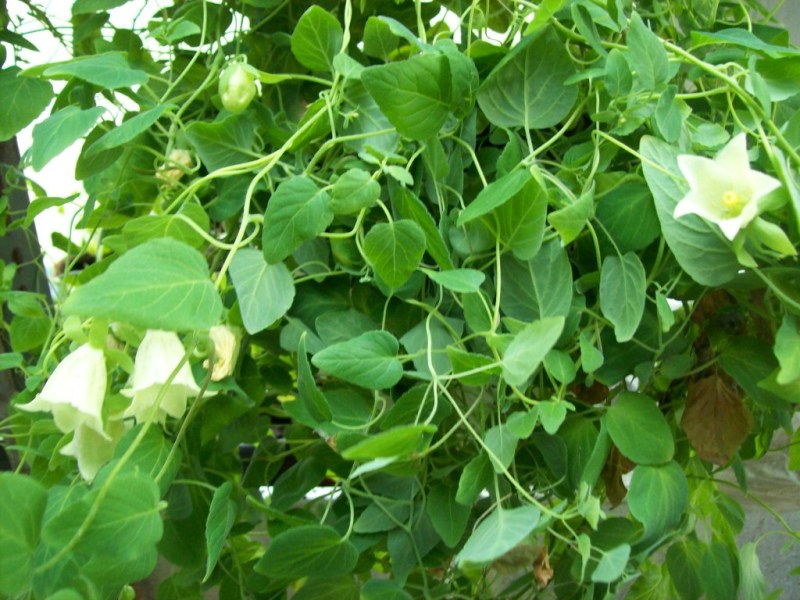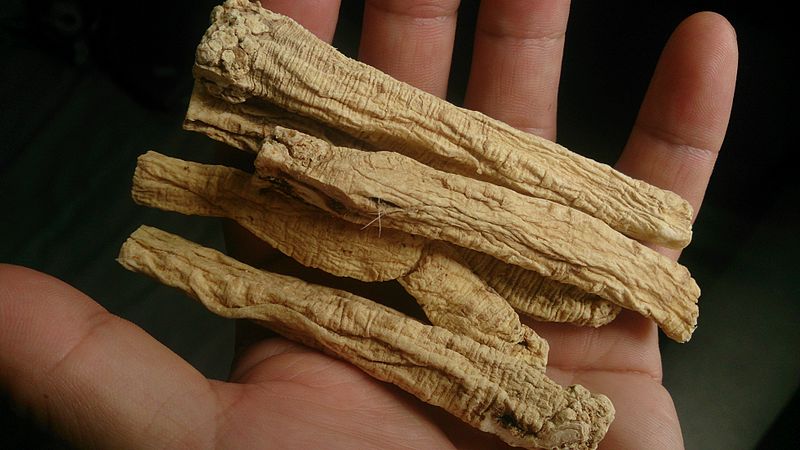[1] Barefoot Doctor's Manual- 1977 Prepared
by the Revolutionary Health Committee of Hunan Province. Original Chinese manual-
Victor W. Sidel. Originally published by Dr Joseph Quin and the Fogarty International
centre, Bethdesda (1974). Madrona Publishers Seattle Washington ISBN 0-914842-52-8
[2] A Complete English Dictionary of Medicinal Terms in Chinese Acupuncture
and Herbalism 1981- Henry Lu Chinese Foundations of Natural Health- The Academy
of Oriental Heritage, Vancouver, Canada.
[3] The Pharmaceutical Plant Company Pty Ltd
ppcherbs.com.au
[4] Chinese Medicinal Herbs- Beatrice Bliss (1973) Compiled by Li Shi- Chen.
Translated and Researched by F. Porter Smith and G. A. Stuart. Geogetown Press,
San FranciscoISBN 0 914558005
Images
1.
kotvicnikovafarma.cz
2.
commons.wikimedia.org
by Project Manhattan CC- SA 3.0
 Codonopsis
pilosula. Campanumaea
pilosula 党
参 Dǎng shēn
Codonopsis
Family: Campanulaceae
Codonopsis
pilosula. Campanumaea
pilosula 党
参 Dǎng shēn
Codonopsis
Family: Campanulaceae
 FLAVOR:
Sweet, pleasant
FLAVOR:
Sweet, pleasant